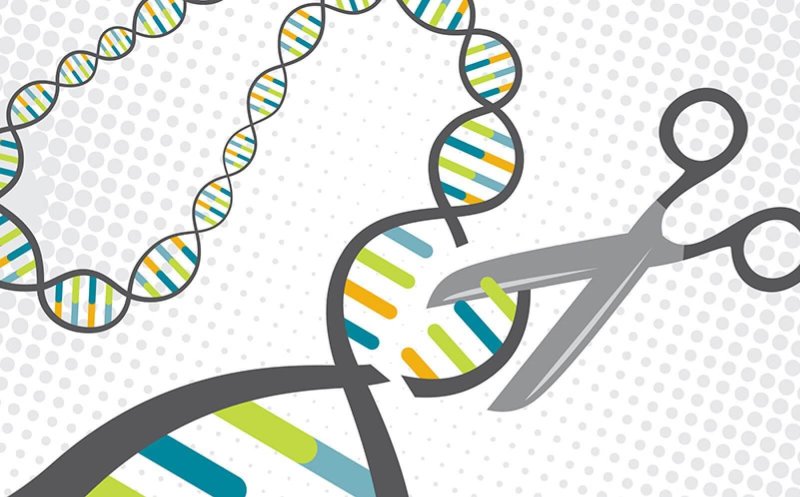…
The ability to quickly and precisely edit genomes, through new technologies such as CRISPR Cas9, is only a few years old but the technology is moving at remarkable speeds with applications arising in human therapeutics.
…
Pilar Ossorio, Morgridge bioethicist in residence and UW-Madison law professor, notes that while human clinical trials are highly regulated, other potential genome editing applications are less so. One area of particular concern are gene drives, a genetic editing technique that could spread genetic modifications within a species.
…
Assessing the real threats will be difficult with a technology this young, but its relative ease of use and the scope of applications will make it more challenging, Ossorio says. “Gene editing is unprecedented in that it gives us the capability to make hundreds of genetic changes at the same time, and the process can be done in people, other animals and in plants.”
The GLP aggregated and excerpted this blog/article to reflect the diversity of news, opinion, and analysis. Read full, original post: Scientists explore national security implications of gene editing































